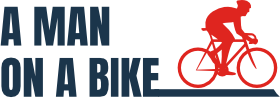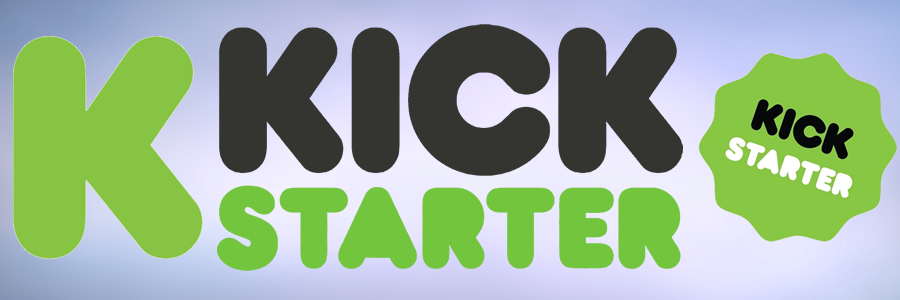Kickstarter is a global crowdfunding platform focused on creativity that is based in Brooklyn, New York. (United States).
The company’s stated mission is to “help bring creative projects to life”, such as films, music, stage shows, comics, journalism, video games, technology, publishing, and food-related projects.
People who back Kickstarter projects are offered tangible rewards or experiences in exchange for their pledges.
This model traces its roots to subscription model of arts patronage, where artists would go directly to their audiences to fund their work.
Kickstarter launched on April 28, 2009,by Perry Chen, Yancey Strickler, and Charles Adler, who reportedly raised $10 million funding from backers including NYC-based venture firm Union Square Ventures and angel investors such as Jack Dorsey, Zach Klein and Caterina Fake
On 31 October 2012, Kickstarter opened projects based in the United Kingdom, followed by projects based in Canada in September 2013, followed by Australia and New Zealand in November 2013.
2014, saw the Netherlands, Denmark, Ireland, Norway, and Sweden opened up for projects
With Germany, France, Spain, Austria, Belgium, Italy, Luxembourg and Switzerland added in 2015
In 2016 and 2017, Singapore, Hong Kong, Mexico and Japan were added to the list of countries allowed to participate.
Kickstarter is probably the largest of the crowdfunding platforms for gathering money from the public, which bypasses traditional avenues of investment.
Project creators choose a deadline, usually 30 days and a minimum funding goal. If the goal is not met by the deadline, no funds are collected (a kind of assurance contract).
The Kickstarter platform is open to backers from anywhere in the world and to creators from many countries, including the US, UK, Canada, Australia, New Zealand, The Netherlands, Denmark, Ireland, Norway, Sweden, Spain, France, Germany, Austria, Italy, Belgium, Luxembourg, Switzerland and Mexico.
Kickstarter applies a 5% fee on the total amount of the funds raised. Their payments processor also applies an additional 3–5% fee.
Unlike many forums for fundraising or investment, Kickstarter claims no ownership over the projects and the work they produce.
The web pages of projects launched on the site are permanently archived and accessible to the public. After funding is completed, projects and uploaded media cannot be edited or removed from the site.
There is no guarantee that people who post projects on Kickstarter will deliver on their projects, use the money to implement their projects, or that the completed projects will meet backers’ expectations.
Kickstarter advises backers to use their judgment on supporting a project. They also warn project leaders that they could be liable for legal damages from backers for failure to deliver on promises.
Projects might also fail even after a successful fundraising campaign when creators underestimate the total costs required or technical difficulties to be overcome.
By 2018, there were 300,000 approx. launched projects with a success rate of approx 35% (the success rate being; how many projects were successfully funded by reaching their set monetary target). The total amount pledged was approx. $2,800,000,000 ($2.8b)USD.
The business grew quickly in its early years. In 2010 Kickstarter had 3,910 successful projects and $27,638,318 pledged. The corresponding figures for 2011 were 11,836 successfully funded projects and $99,344,381 pledged; and there were 18,109 successfully funded projects, $610,352,000 pledged in 2012.
The Golden Rule – For ALL projects: It will cost twice as much as the budget and it will take twice as long as planned.
Part #2 covers some notable successes.

